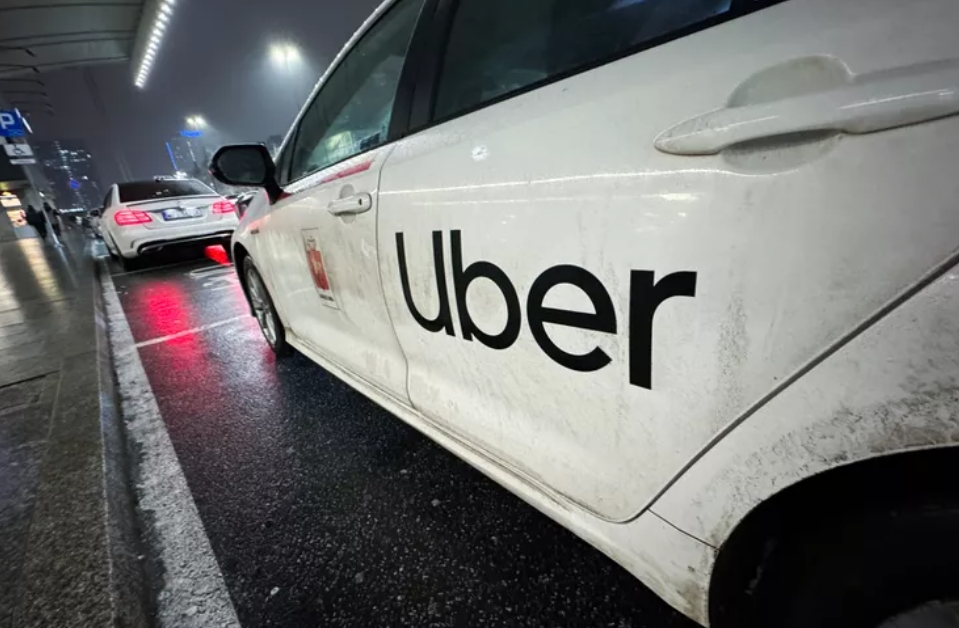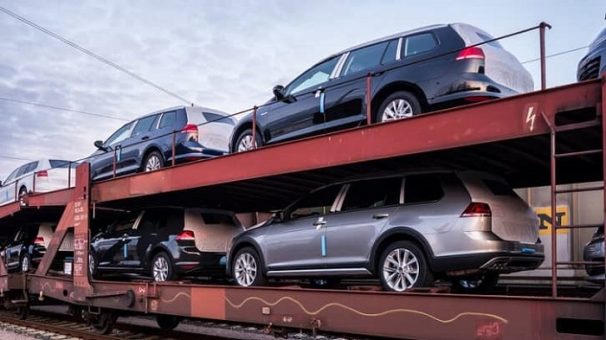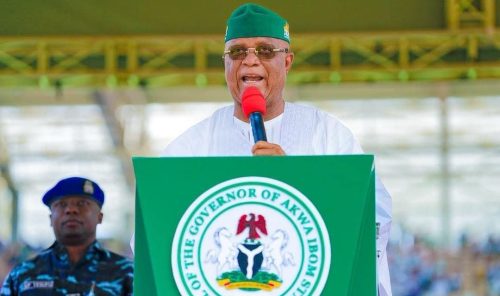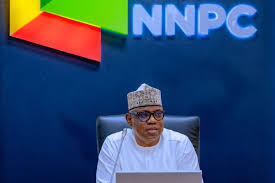Uber at 10: How ride-hailing reshaped Nigeria’s mobility and added ₦34bn to the economy

By Victor Ejechi
Uber contributed an estimated ₦34 billion to Nigeria’s economy in 2023, according to a new report unveiled at the Lagos Road Mobility Summit.
The study, conducted by research firm Public First, also found that riders gained nearly ₦500 billion in consumer surplus through time saved, reduced costs and convenience.
The findings were released as policymakers, regulators, and industry leaders gathered in Lagos for the summit themed “Reimagining an Inclusive Road Safety Strategy.” Inside the bustling conference hall, discussions about safer transport merged with reflections on how ride-hailing has reshaped mobility in Nigeria over the past decade.
The figures were striking, but the story they told went beyond numbers. For thousands of Nigerians, Uber has become more than a tool for getting from one place to another.
It is a platform that has redefined work, offered safer travel options and injected new energy into the tourism and nightlife economies.
Drivers remain central to this transformation. According to the report, drivers who used the app in 2023 earned ₦6.1 billion more than they would have made through their next best alternative, with average earnings sitting 34 percent higher.
Flexibility, a feature that allows drivers to choose when and how to work, carried its own estimated financial value of ₦6.3 billion.
Almost nine in ten drivers surveyed said this flexibility helps them manage family responsibilities.
One Abuja-based driver explained: “With Uber, I choose my hours. I can take my children to school, then drive during the day, and still be home in the evening. It gives me control over my life.”
The Lagos summit was also a moment of reflection for Uber, which first launched in Nigeria in 2014. Speaking at the event, Tope Akinwumi, Uber’s country manager, described the company’s first decade as one of growth, empowerment and transformation.
“Since launching in 2014, we have seen the significant impact that e-hailing can have on an economy with untapped potential,” he said.
“Accessible, reliable and affordable transportation options have not only helped to transform mobility, but also empowered drivers with flexible earning opportunities, helping them achieve greater financial independence in a complex, often challenging, but burgeoning economy.”
Akinwumi pointed to the company’s flagship budget option, Uber Go, which offers rides at 35 percent lower cost than standard services.
The cheaper alternative has opened access to a wider group of riders, especially in cities where affordability is a barrier to mobility.
According to the report, this accessibility helped unlock ₦5.4 billion in additional value for Nigeria’s tourism industry in 2023.
Visitors and locals alike have been able to explore the country’s cultural and leisure offerings with greater ease, boosting restaurants, hotels and other businesses.
Safety still top priority
For riders, safety and convenience remain the defining features. Ninety-eight percent cited convenience, 97 percent cited safety and 96 percent cited comfort as reasons they use Uber. Women in particular described the app as a lifeline.
Seventy-eight percent said it is the safest way for them to get home at night, while 79 percent of all riders agreed that Uber helps reduce drunk driving by providing a reliable late-night option.
A young professional in Lagos put it simply: “If I’m working late, I know I can get home safely with Uber. My family can track my trip, and that peace of mind is priceless.”
The platform’s role in the country’s social life is equally pronounced. Uber generated nearly ₦930 million in value for Nigeria’s nighttime economy in 2023, ensuring that more people could safely enjoy concerts, bars and restaurants. Riders also saved more than 1.8 million hours last year — time that could be spent with family, on business or simply on leisure.
For Uber’s global leadership, the Nigerian experience illustrates how technology can be adapted to local realities.
“Uber is more than a way to move from A to B, it’s a platform that empowers people to shape their own futures,” said Deepesh Thomas, the company’s general manager for sub-Saharan Africa.
“From drivers who value the flexibility of earning on their own terms, to women who feel safer getting home at night, to local businesses reaching more customers, Uber is proud to be part of Nigeria’s growth story.”
The summit itself underscored the importance of collaboration. Representatives from the Lagos state ministry of transport, the Federal Road Safety Corps and the Lagos State Traffic Management Authority joined voices with international experts, including Marisela Ponce de Leon Valdes from the World Bank, who presented findings from the Africa Road Safety Status Report 2025.
Industry players such as Drive Me NG and Uber’s regional driver operations team also took part in panel discussions. Together, they highlighted the role of partnerships in addressing Nigeria’s road safety crisis and shaping more inclusive transport systems.
As Uber looks to its next decade in Nigeria, the company says it is focused on sustainability and continued innovation.
“Looking ahead, Uber is dedicated to furthering its contribution to Nigeria’s growth, development, and innovation. We will continue to provide affordable and reliable transportation options, while also exploring more sustainable mobility solutions in alignment with national sustainability goals,” Akinwumi said.
That forward-looking agenda is in line with broader conversations about building a greener and more efficient transport infrastructure. For a country where traffic congestion, poor road conditions and safety concerns remain pressing issues, the future of mobility will depend on how well technology, policy and investment are combined.
What the numbers in Uber’s economic impact report make clear is that ride-hailing has already become deeply embedded in the Nigerian economy. Yet the real story is found in the experiences of those who use it: the father who can schedule his driving around school runs, the woman who feels safer heading home after a late meeting, the tourist who finds it easier to explore Lagos, and the small business owner whose customers can now reach her more reliably.
As the Lagos Road Mobility Summit came to a close, there was a sense among participants that the work of building safer, more inclusive transport is only beginning. But for Uber, with a decade of experience behind it and ambitious plans for the future, the Nigerian journey is already a testament to how technology can transform daily life.










